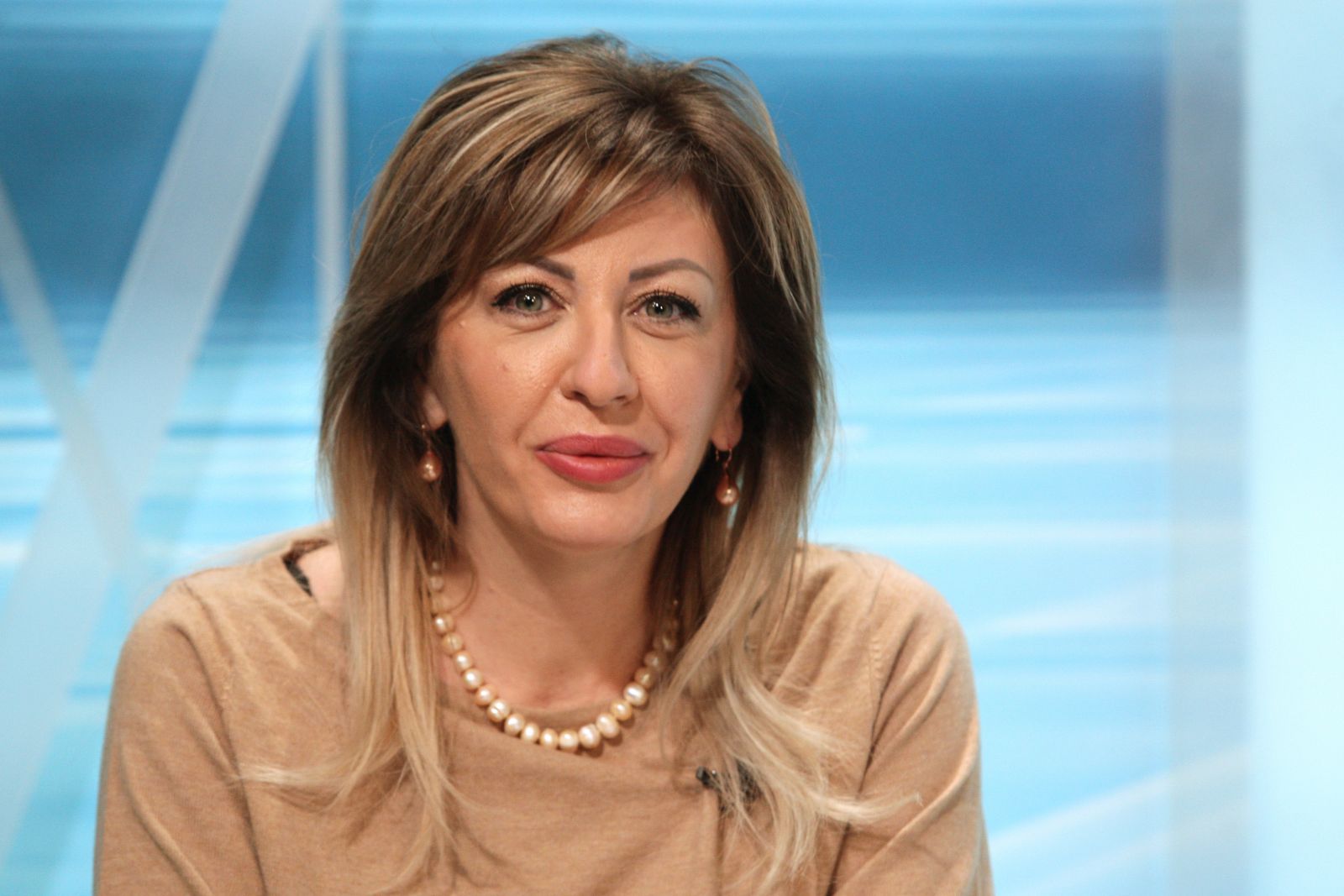
Ambitious goals of the Government of Serbia were set 100 days ago. Presenting the new Government’s programme, Prime Minister Ana Brnabić listed priorities, including the fight against COVID-19, economic development of the country, fight against organised crime, continuation of European integration etc.
Last year, Serbia did not open any new chapters. The negotiation methodology has changed, and this year, our country will advance on the road to the EU through so-called clusters. According to Serbian officials, this approach should be far more favourable for Serbia.
In the context of the first 100 days of the new Government, as well as the criticism Serbian President Aleksandar Vučić levelled at certain members of the cabinet, we have asked Minister of European Integration Jadranka Joksimović whether she is satisfied with the results and what are the plans and next steps of the ministry she has been heading for the second term already.
Are you satisfied with the results achieved in the first 100 days of the Government? How do you assess the overall results?
– In difficult circumstances for Europe and the whole world, this Government, in synergy with the President, has demonstrated a high level of responsibility and capability to, above all, protect the health of its citizens, as well as to make Serbia recognised in international circles as a country that has managed to save its economy from terrible losses. We have shown that human life and public health protection through mass immunisation are an absolute priority for us. Therefore, I believe the assessment is highly positive.
What do you see as the greatest success of the ministry you are heading?
– As regards my work and the work of the Ministry of European Integration, in a short time, through countless meetings, work behind the scenes and daily communication with EU member states and the European Commission, I have managed to engage them to accelerate the preparation of a proposed application of the new cluster methodology to the negotiations with Serbia. Such constructive cooperation allows many of our suggestions to be heard and acknowledged. Therefore, I expect the EC to present us with a plan for the application of this methodology by March, and that we start opening entire clusters this year. The new way of negotiating requires the restructuring of the Ministry and negotiating structure, and this work is in the final stage. Soon, everything will be formalised in the procedural sense, and Serbia will readily continue the negotiation process under the new methodology. I believe these activities of ours will accelerate the overall negotiation process, with all ministers demonstrating a clear political commitment to implementing the established reform plans.
What is it that you have planned but have not managed to achieve in the first 100 days, and that you will strive to correct or change in the upcoming period?
– European integration is a task for the entire Government, as well as for the whole society, and my job is twofold: to coordinate the process within the Government, and, at the same time, to present Serbia’s reforms and willingness to join the EU, which was supported by a majority at the elections, in the right and truly committed way, both to our citizens and to EU member states. Of course, EU accession is a two-way process, where not everything is in the hands of a candidate country, but it also depends on internal political developments within the member states and the EU’s approach to the enlargement policy. I expect that, in the following period, we will get clear guidelines on how to continue our accession negotiations and how the progress Serbia has so far made will be valorised. I also expect that we will accelerate the reforms, primarily in the area of the rule of law, which is key for measuring progress, all in accordance with the Government’s strategic goal to accelerate the negotiations by implementing the reforms more committedly.
What should be done to improve the Government’s results and to maintain the trend of growth?
– As the National IPA Coordinator, that is – the minister in charge of planning and programming of EU development assistance and other international funds, I directly contribute to the realisation of the policy of growth and sustainable development of our country. I have successfully coordinated the process of preparation and submission of projects for IPA 2021 and 2022, and for the EU Economic and Investment Plan for the Western Balkans. As regards this Plan, at the end of last year, we received first feedback from the European Commission, indicating that we had successfully identified key strategic projects and that the Commission assessed seven projects as highly important and suitable to be financed from those funds. These are all long-term projects which require comprehensive preparations and experience-based planning, but once they are selected for financing, their economic effects – primarily in terms of infrastructural connectivity, Green Agenda, digitisation and economic growth – will also be long-term.
Do you recognise yourself in the Serbian President’s words of criticism suggesting that certain ministers are not working as much as they should be?
– No.
Do you think some members of the Government have not been doing their job sufficiently well?
– It is inappropriate for me, as a member of the Government, to publically speak about that.
Source: 24 sedam





